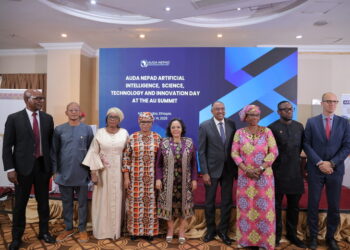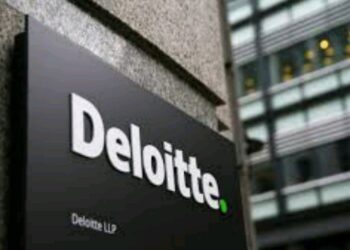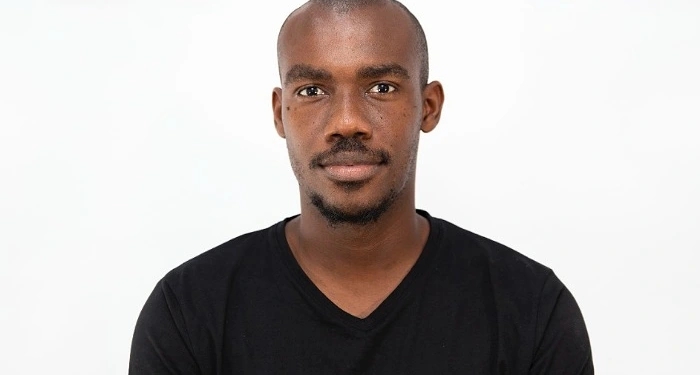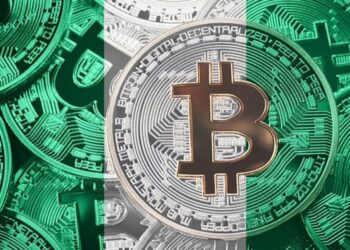Blockchain is not just a passing trend. Instead, it is a huge development. A recent Deloitte survey shows that while 21% of senior executives agree that their companies are already building on the technology, 25% say that they are working towards starting in the coming year.
Blackchain is projected to grow
Blockchain is expected to grow from $709 million market in 2017 to over $60 billion by 2024. It is currently used in different industries, including finance, healthcare, retail, automobile, social engagement, entertainment and real estate. Brands like Spotify have adopted blockchain technology to create a decentralised database that connects artists (and their license agreements) to their music on the platform. It is clear that blockchain is on its way to becoming a major player in the global digital economy.
Preparing yourself for blockchain
Now, the question is – how can tech enthusiasts, businesses, and regular individuals alike prepare for a future where blockchain could be the leading technology behind most digital enterprises?
For entrepreneurs and CEOs of corporations, blockchain has the potential of threatening their existence, especially for companies that rely on a centralised point of access. For these businesses, therefore, a reinvention is necessary. A good way to evolve is by building a blockchain system. There are two possible ways to go about this:
- Invite everyone into the blockchain network (public blockchain).
- Give access to a vetted selection of people (private blockchain).
It is at the discretion of every company to weigh the options and figure out which would work best for the service(s) they offer. Some businesses can even use both public and private blockchains – public to create an open system that allows people to edit and view and private to limit access to key stakeholders. Businesses can capitalise on their knowledge of a given field while using blockchain as a strategy.
For individuals (and tech gurus), positioning yourself for a blockchain led future begins by first getting educated about the technology. You need to acquire a general knowledge of the concept and how it can be applied to your work or daily life. For example, hailing a taxi could be as easy as searching the blockchain for drivers and cutting out the middleman who acts as an aggregator of sorts. This applies as well to every service and product you can think of.
Tech gurus and enthusiasts can take advantage of this new technology by learning at an expert level, and creating businesses that are built on the blockchain as well as acquiring the necessary skills that blockchain based businesses will require.
Asides from business and trading, and individual self-development, the potential for blockchain use in governance is also worthy of note. Campaign financing for elections, for example, can be more efficient with blockchain, such that all the sponsors of each candidate can easily be tracked by literally any member of the public. This level of transparency could level the playing field and substantially reduce godfatherism.
Now, while planning and strategic positioning are crucial, one cannot truly predict exactly how blockchain would play out in the digital economy. However, it’s important to start out with a plan and adjust as necessary, as the events unfold. The potential for blockchain has only begun to scratch the surface and opportunities abound for the first movers, so don’t wait for the bandwagon.
This article is in partnership with Quidax. Quidax is a European based digital assets exchange with a focus on Africa. We provide a seamless platform for users to send, receive, buy and sell cryptocurrencies using their local currencies.























…to EDIT and view…
Just something to correct, You cannot “edit” on a Blockchain… You can write again on a chain to make a correction to the error written already.
The two basic functions of persistent storage on a Blockchain system are READ and WRITE, you cannot EDIT, DELETE or MODIFY a data/information already on the Blockchain.
I want trade blockchain
Block chain Tech is leading us to a generation of total cashless economy if everyone should have a digital ID we can also use our trust that has already been built in tbe system to facilitate transaction because the record of things is being stored in the blocks.